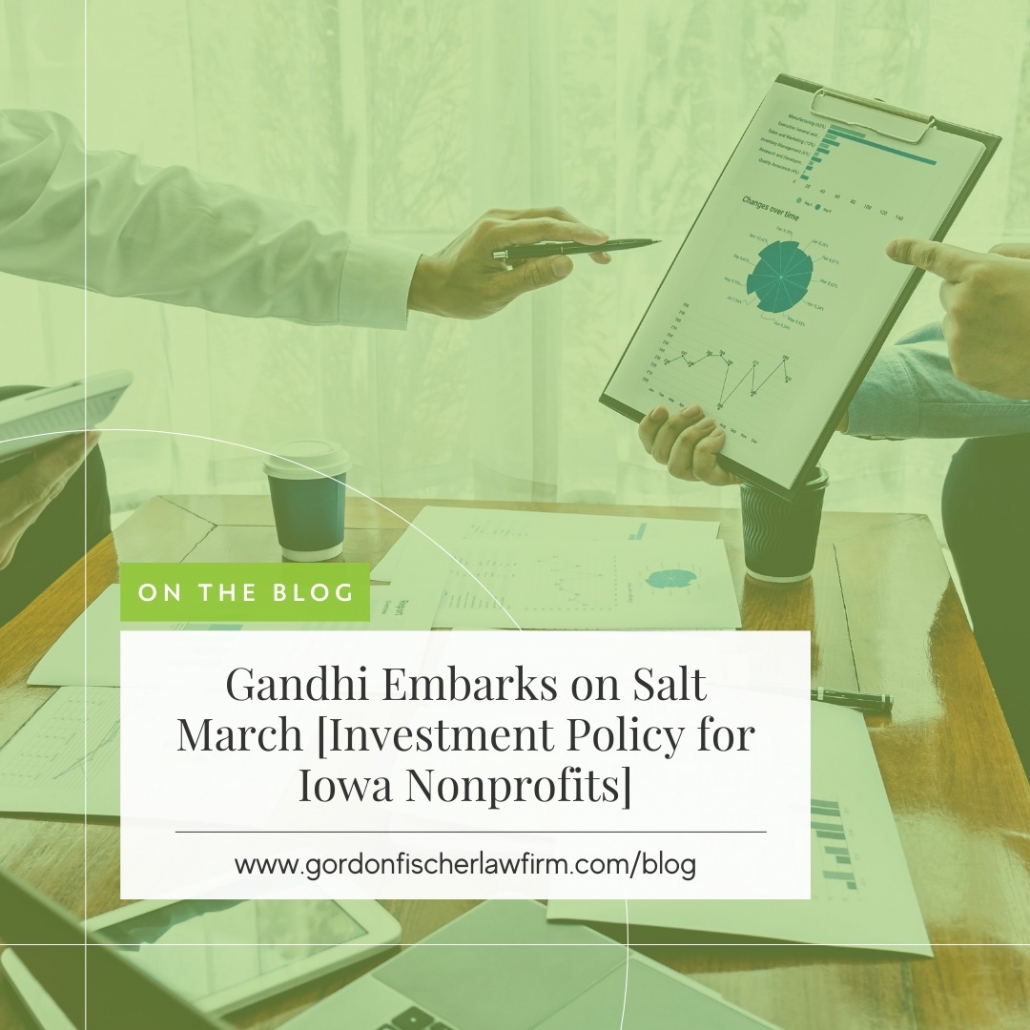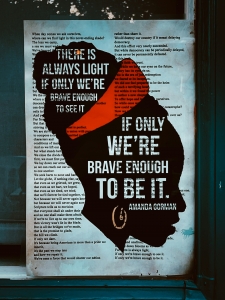
March 21, 2025
Happy Birthday, Pocahontas!
Legend tells us that on this date (March 21), Pocahontas was born. The exact year is unknown but is estimated to be around 1595 or 1596. She is believed to have been born in the vicinity of the present-day Gloucester County Courthouse in Virginia.
Pocahontas: Living Symbol of Love and Peace
For 400+ years, the true story of this remarkable woman was shrouded in mystery, clouded by myths, and told mainly from the point of view of the English colonists.
Fortunately, Pocahontas’s true story has finally been revealed in her definitive biography: The True Story of Pocahontas – The Other Side of History.
The book states directly that the life of Pocahontas is first and foremost a great love story.
“The love that was the moving force within Pocahontas’s life was the spiritual bond and filial affection between Pocahontas and her father, [the] Chief, and the love they [both] had for the Powhatan people.”

Pocahontas’s father was the paramount chief of the Powhatan nation. Pocahontas, for many reasons well-explained in the book, was the very favorite child of the Chief. Even the English colonists were able to figure this out!
Pocahontas, held in such high regard, accompanied her elders when delivery of food and implements were made to the settlers. Her father wanted to put a young girl in a prominent position such that the English would know the Native Americans came in peace, only to help.
Unfortunately, the love and peace that Pocahontas shared was not enough to halt the perhaps inevitable conflict between the colonists and her Powhatan nation. I don’t need to inform readers about the disastrous results for Native Americans. Sometimes conflicts roar out of control.
Nonprofits and Conflict
Obviously nonprofits have far, far less at stake than conflicts occurring in colonial America. Nonetheless, conflicts still happen. To successfully continue their important work, nonprofits must manage conflicts in a positive, professional, and strategically smart manner.
The general term “conflicts” includes the more specific “conflict of interest.” Moving from the 1600s to modern day, our increasingly complex and interconnected world means more conflicts of interest and more potential conflicts of interest.
I have repeatedly written that all Iowa nonprofits should adopt the ten (10) polices which are referenced on IRS Form 990. All ten (10) policies are critically important. But if I was forced to pick just one single policy, a Conflict of Interest Policy might be the most necessary policy for a nonprofit to adopt.
Conflict of Interest Defined
A conflict of interest is present when an individual or entity has competing interests that could influence actions or decisions. Often this results in compromised judgment or lack of objectivity.
Conflicts of interest can lead to ethical dilemmas, biased decisions, or outright breaches of trust. While they can’t always be completely avoided, there are proper handling procedures that can significantly mitigate risks.
Common Examples of Conflicts of Interest
A common example of a conflict of interest, frequently given, is that of an Officer or Director who has a financial stake in a company that the nonprofit is considering for a contract. A similar issue would exist if an Officer or Director had a spouse with a financial stake in a company that the nonprofit is considering for a contract.
Other examples:
An employee works part-time at a nonprofit resale shop and works full-time as a realtor, which includes staging homes. If the employee were to buy furniture from the resale shop at a discount to use for staging in the realtor business, that is a clear conflict of interest.
A conflict of interest can also occur when an Officer for a nonprofit outright violates trust. Imagine, for example, the Treasurer of a nonprofit who owns an antique shop. The nonprofit owns antique desks and antique lamps. If the Treasurer sells the desks and lamps, and makes a commission on the sale, that is most definitely a conflict of interest.
Conflicts of interest can occur in the political realm, too. If a nonprofit organization contributed money to a public official in exchange for the public official agreeing to pass legislation that would benefit the nonprofit, that would also be a major conflict of interest.
What IS a Conflict of Interest Policy, Anyway?
A Conflict of Interest Policy provides a formal set of guidelines and procedures to identify, disclose, manage, and mitigate conflicts of interest. In sum, the Policy should accomplish two major goals:
- Require Officers and Directors to disclose any existing or potential conflicts of interest.
- Set forth specific procedures for handling conflicts of interest.
The Policy should define what is considered a conflict of interest and strongly encourage individuals and entities to disclose potential conflicts. The Policy should also contain procedures for the nonprofit’s governing Board to evaluate the significance of the conflict.
Once conflicts are defined, disclosed, and evaluated, the Policy should provide mitigation strategies. Often, these will be safeguards to prevent bias and encourage recusal from decision- making. For example, mitigation might mean asking a Director with a conflict of interest to leave the meeting during discussion of the issue and also to refrain from voting on said issue.
Why Does a Nonprofit Need a Conflict of Interest Policy?
Nonprofits have a commitment to serving the public good, relying on community trust and support. This makes the implementation of a Conflict of Interest Policy imperative for several reasons:
Mitigating Bias
Clear guidelines for handling conflicts of interest reduces the risk of biased decision-making that may compromise the nonprofit’s work or even its very mission.
Protecting Stakeholders’ Interests
Such a policy helps Directors, Officers, agents, advisors, consultants, contractors, donors, employees, and volunteers, and other all stakeholders, have confidence that all decisions are made in the best interest of the nonprofits.
Legal and Regulatory Compliance
Transactions can be detrimental to a nonprofit if they breach laws or regulations. A policy can help a nonprofit navigate known conflicts of interest before they bring harm to the organization.
Enhancing Internal Accountability
A Conflict of Interest Policy promotes accountability within the organization, which further ensures stakeholders they can trust the nonprofit to make objective and impartial decisions.
Forbidding Retaliation
the Policy must prohibit retaliation against individuals who report conflicts in good faith, promoting transparency and accountability.
When to Adopt a Conflict of Interest Policy
Conflicts of interest can arise at any time and could even already exist during the formation process. Ideally, a Conflict of Interest Policy, along with other key policies, should be established during initial stages. This ensures proper governance practices are in place from the outset.
If the Conflict of Policy is already in place, it should be periodically reviewed. (I would say at least annually). During review, Officers and Directors need to consider possible revisions to account for internal or external changes.
As nonprofits grow and engage with more stakeholders, the potential for conflicts of interest increases. Therefore, having a clear policy in place as soon as possible helps establish ethical conduct within the organization and prepare for conflicts before and as they arise.

How to Adopt a Conflict of Interest Policy
The general steps you should take when adopting or revising a Conflict of Interest Policy:
- Assessment and Review: Evaluate the organization’s structure, operations, and areas where conflicts of interest could arise.
- Research and Development: Research existing policies and best practices relevant to the nonprofit sector, while also considering the nonprofit’s unique circumstances. There is lots of information out there about nonprofits, conflicts, and policies and procedures; this is an area where “Doctor Google” can really help.
- Drafting or Revision: With the information gathered from the assessment, review, research, and development, consult with a lawyer qualified to draft a Policy. Be sure to explain your nonprofit’s unique features and challenges.
- Approval: After legal approval, consider having a committee (perhaps the Executive Committee?) carefully review the Policy. Should any questions or concerns arise, go back to legal counsel. Ultimately, the Conflict of Interest Policy should be given to the full Board of Directors for their thorough review. At a meeting of the full Board, a presentation should be given which considers each of the elements of the Policy and the Policy’s overall importance. Be sure to allow plenty of time for education, discussion,
and debate. The vote should be unanimous. - Implementation: Communicate the adopted or revised policy to staff, donors, and the public. Include guidance on how the policy will be implemented.
- Documentation: Maintain records of conflicts disclosed, actions taken to address them, and any related decisions or actions. Be sure that documents are retained (or destroyed) pursuant to the Document Retention and
- Monitoring: Establish procedures for ongoing monitoring and evaluation of the policy.
Who Should Have a Conflict of Interest Policy?
Every organization should have a Conflict of Interest Policy.
Conflicts of interest can surface at any time, within any organization. A proper policy is essential for promoting transparency, integrity, and ethical conduct in decision-making processes. All organizations, from small local nonprofits to multinational organizations, should establish and adhere to a Conflict of Interest Policy to safeguard against conflicts that could compromise their mission.
Email Me!
If your organization is interested in drafting (or revisiting!) its Conflict of Interest Policy, don’t hesitate to reach out today to Gordon Fischer Law Firm.
For the month of March, I’m offering a special to Iowa nonprofits. I will draft, revise, and edit, specific to the unique mission of your nonprofit, the ten (10) policies expressly referenced by the IRS on Form 990.
Questions about the ten (10) policies referenced on IRS Form 990? Email me now!
My email is:
gordon@gordonfischerlawfirm.com
####

[Conflict of Interest Policies for Nonprofits]


















